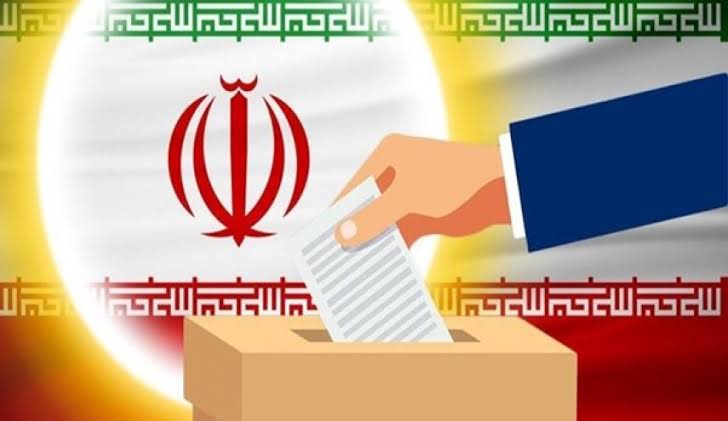The Biden administration has been keen on sending several messages implying that it shows little interest in the results of the Iran presidential elections due to take place on June 18. Washington believes that the identity of Iran's next president will not change the decision-making trends in Tehran or the potential course of the relations between Iran and the US over the next phase.
On March 11, Robert Malley, the US envoy to Iran, said that “Iran's elections in June are not a factor in the Biden administration’s decision-making for how to proceed with nuclear talks” [1]adding that “the pace will be determined by how far we can get consistent with defending U.S. national security interests”.[2] He continued saying, “we won’t rush or slow things because of the Iranian elections”. This reflects several indicators relevant to the new strategy adopted by the Biden administration in dealing with Iran during the current phase, which can be addressed as follows:
1 - Khamenei's influence:
Washington believes that the change of president makes no difference about the situation as long as Ali Khamenei has the last word in defining domestic and foreign policies. Some views even suggest that the IRGC may have a more influential role than the president in setting such policies, as was the case with IRGC Quds Force commander Qasem Soleimani prior to his assassination early 2020. He was responsible for managing Iranian foreign operations abroad. This was evident when he organized the visit of Syrian President Bashar al-Assad to Tehran and his meeting with Khamenei in 2019. Numerous reports indicated that President Rouhani himself was surprised by Al-Assad's presence in Tehran, which motivated Foreign Minister Mohammad Javad Zarif to initially announce his resignation before withdrawing it.
2 - The Tehran Card:
Perhaps the Biden administration is attempting to remove some leverage that Iran has sought to exploit in order to buy more time and to widen the range of options and freedom of movement available, particularly with its insistence on continuing escalations on different fronts. Iran seeks to foster its position in negotiations and to meet U.S. pressures with counter-pressures at the nuclear, regional and missile levels. Hence, the Biden administration seeks to confirm that it will not wait for Iran's next president to identify the extent of possible negotiations with Iran.
Previous experiences: Perhaps most of the understandings Iran reached with successive US administrations took place when the conservatives were in control of most decision-making circles in Tehran. Thus, Washington may not show major concern about a future president who is considered to be part of this trend, which is a common speculation among observers. According to many trends, this may be attributed to the ability of the Conservatives to pass those understandings internally, or at least to create room for bringing them to the negotiation stage.
3 - Waste of time:
The Biden administration may consider that waiting until the new president takes office, which will probably take place next August, means wasting longer time before assessing the results of the current course it is pursuing in managing its relations with Tehran. The variable of time is of particular importance to the administration, given the significant pressures it is currently exposed to by both the US Congress and Israel.
Accordingly, the Biden administration may fear that developments may not be conducive to reaching understandings with Iran, as some opposing parties, such as Israel, may attempt to disrupt those understandings. This leads to Washington’s insistence on proceeding with its current approach.
This may be inseparable from the escalating regional tensions between Israel and Iran, particularly after numerous reports revealed that Israel targeted Iranian tankers on their way to Syria. On March 12, the Wall Street Journal pointed out that Israel has targeted at least a dozen vessels bound for Syria and mostly carrying Iranian oil out of concern that petroleum profits are funding extremism in the Middle East.
On March 10, Israeli Prime Minister Benjamin Netanyahu was keen to confirm that he had sent Mossad to Central Tehran to bring the secrets of Iran's nuclear file and present it to the world to see what Iran's secret plans are in this context. This is undoubtedly due to Iran's tendency to escalate tensions with Israel by targeting the Israeli Helios Ray ship in the Gulf of Oman on February 26.
Hence, the coming period may witness further escalations between Iran and the Biden administration, backed by Israel, not only in anticipation of Iran's presidential elections, but also for Iran's attempts to buy more time and bolster its negotiation papers before engaging in any understandings between the parties.


